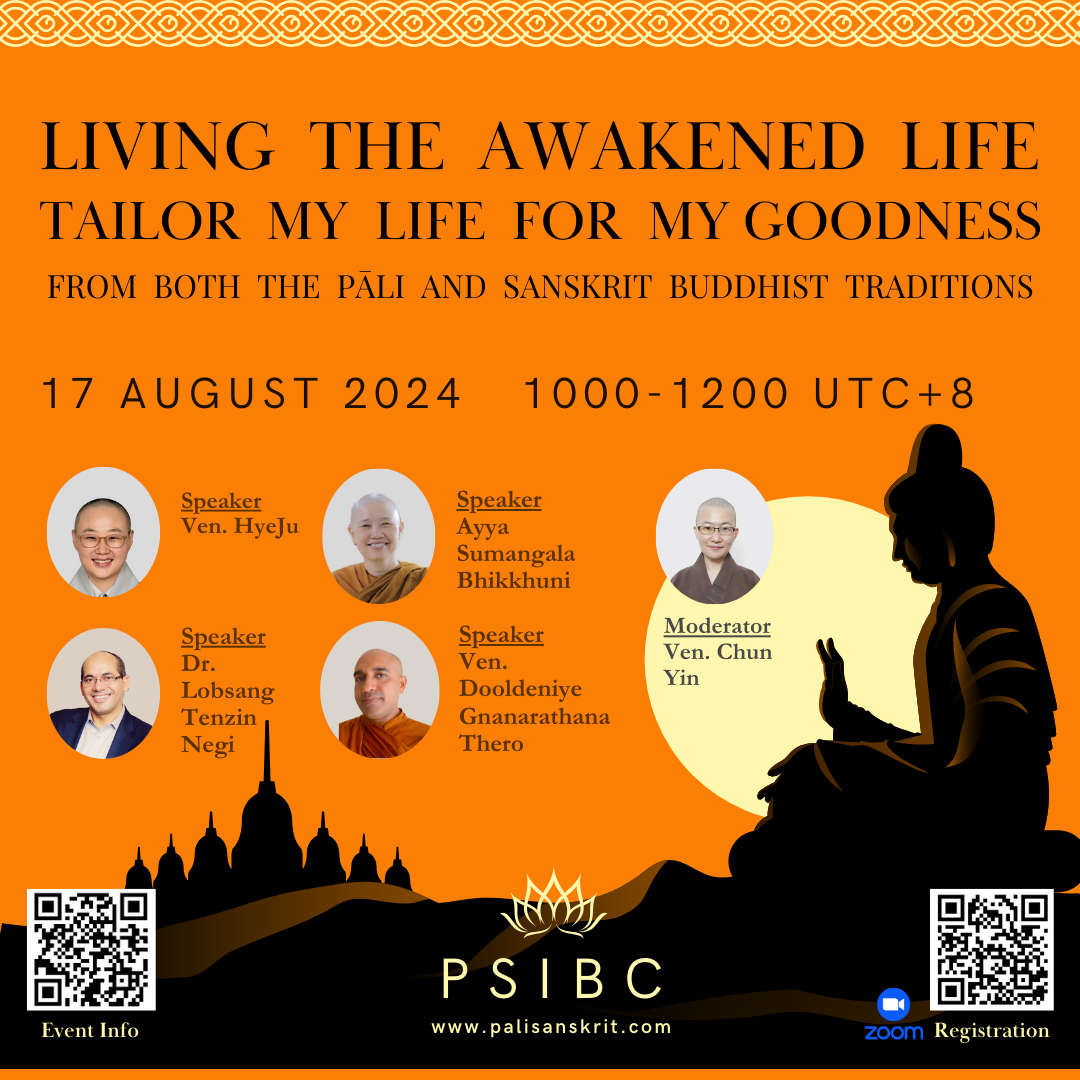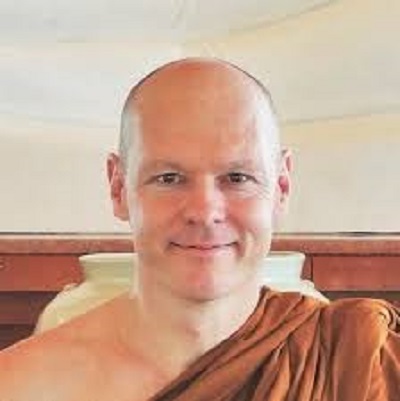
Venerable Ajahn Achalo Bhikkhu
Venerable Ajahn Achalo was born in Australia in 1972 and went forth as a bhikkhu at Wat Nong Pah Pong Forest Monastery, in the lineage of Ajahn Chah, in Ubon Rachathani province, Northeast Thailand in July 1997. His teachers include Ajahn Sumedho, Ajahn Pasanno, Ajahn Anan and Ajahn Jayasaro. He currently lives at Anandagiri Forest Monastery in Petchabun province in Northern Thailand.
Over the years Ven. Achalo has also attended HH Dalai Lama's teachings on around 15 occasions. In the USA, Australia, Bodhgaya India, and other places.
“Because I have had repeated opportunities to attend His Holiness teachings in many different places, I believe that there must be some kammic connection from the past.”
After ten years of studying and practicing according to the teachings of Theravada in the forest temples of Ajahn Chah’s tradition, I also had an interest to study and compare the teachings and skillful means of the Mahayana and Vajrayana traditions. I went to listen to the Dalai Lama's 10-day teaching in the south of India, spending 6 weeks there n order to learn more. The fact that I am interested in studying the teachings of Mahayana or Vajrayana does not mean that the teachings of Theravada are incomplete or inadequate. Just as a scholar in each field of study must have a comprehensive knowledge of the area in which he or she is studying, so I would like to study the teachings and practices of other buddhist traditions as well.
As the Dalai Lama visited Australia more often, I also found myself having to return to Australia more often to visit my ageing parents. I would arrange my visit to coincide with HH Dalai Lama's teaching events, so that I would have the opportunity to attend the Teachings. I attended 7 teaching occasions in Australia altogether. His Holiness had frequently invited me to give the auspicious prayer chant at the opening ceremony. I have also led meditation sessions before His Holiness’s teachings, and participated in discussion/question and answer sessions as a representative of the Theravada monastics. His Holiness warmly greeted me and used to hold my hand and call me "old friend" ("Ahh my old friend, my long-time friend") It was a great honour.
Through teaching retreats in Malaysia and offering online teaching sessions, I have somewhat unexpectedly gained a lot more Malaysian, Singaporean, Indonesian and Chinese followers, who were interested in the teachings of Theravada Buddhism. Having some knowledge and understanding of the Mahayana traditions can be of great help in explaining and drawing parallels between the Theravada and Mahayana teachings and practices for practical application in daily life. I am grateful for my good fortune that I met His Holiness The Dalai Lama and his teachings in this lifetime, as well as those of my wonderful Theravada teachers.
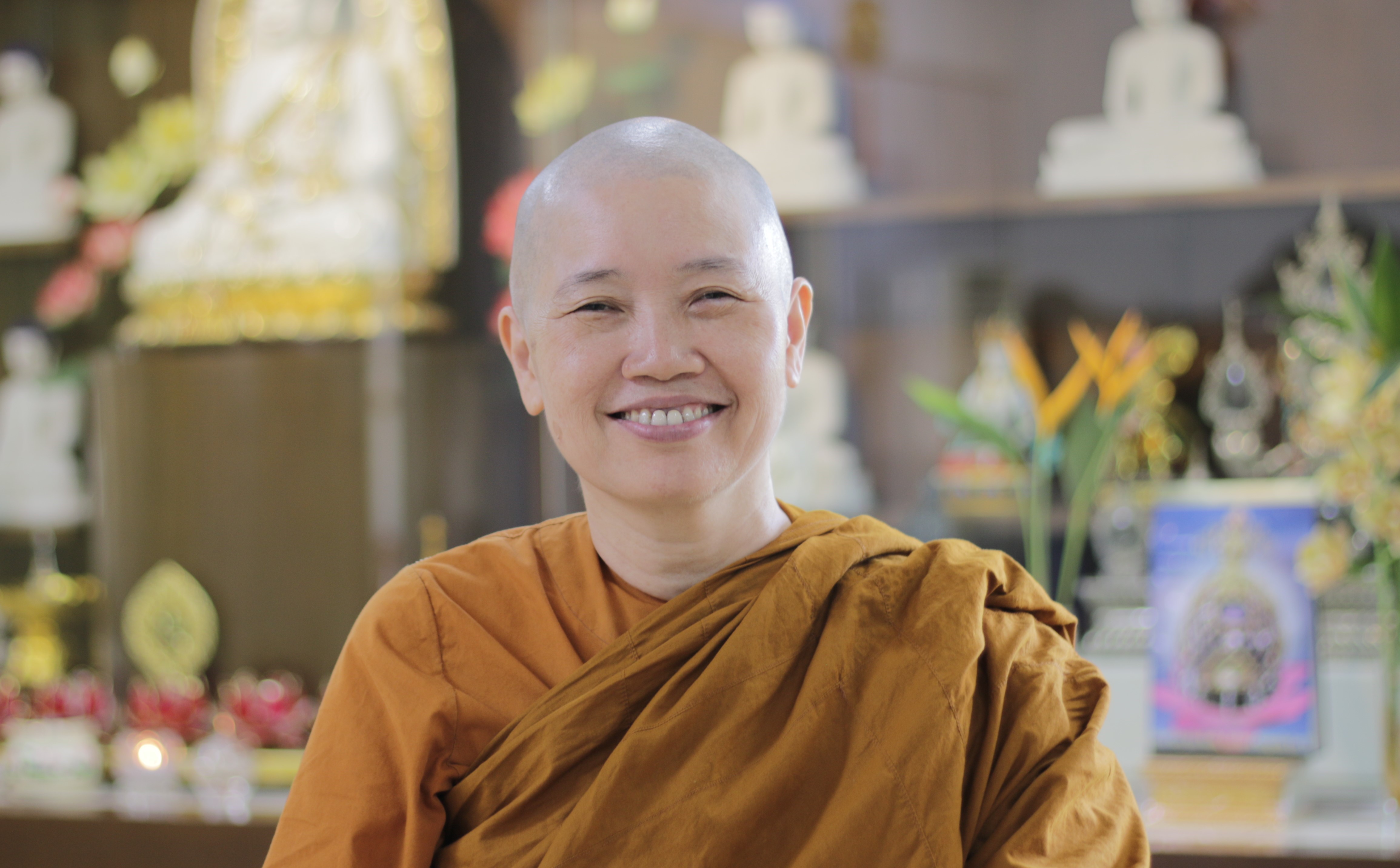
Venerable Bhikkhunī Sumaṅgalā
Venerable Bhikkhunī Sumaṅgalā, born into a Taoist Buddhist family on Christmas Day, initially embraced life joyfully until early encounters with death, prompted deep contemplation on life's fragility and the inevitability of death. At 19, she encountered a Theravada Buddhist monk and people meditating, sparking her journey into deepening her understanding and practice of the Buddha-Dhamma through the Noble Eightfold Path. Her academic pursuits culminated in a B.A. (Hons. with Book Award) in Psychology (1990), an M.A. in Industrial and Organizational Psychology (1999), from National University of Malaysia and an M.A. in Buddhist Philosophy from the International Buddhist College, Thailand (2011), enhancing her insight into early Buddhism and spiritual practices.
In 2004, she was inspired by the late Chief Venerable K. Sri Dhammananda Nayaka Mahatherā, to establish Malaysia's first bhikkhuni training center and training program, in completing the Theravada Fourfold Assembly in the country. In 2005, she left her home-life as a Branch Manager at the age of 39 and began her spiritual training as an anagarika with the guidance from Ven. Mahinda Mahathera, Malaysia and Ven. Nadimale Sumedha, Sri Lanka. Finally she took her higher ordination in 21 June 2015 after years of training and experiences as she waited for the right time and condition. She received dual ordination Bhikkhuni Upasampada in Indonesia, marking a significant milestone in Indonesia and for Malaysia as her bhikkhuni pavattini was Venerable Santini Mahatheri, Abbess of Vihara Kusalayani, Indonesia and her bhikkhu upajjhaya was Venerable B. Sri Saranankara Nayaka Mahathera, the Chief Judiciary Monk of Malaysia. She founded Ariya Vihara on 10 August 2015, Malaysia's first Theravada Bhikkhuni Nunnery and Training Centre. She is also the Spiritual Advisor of Gotami Vihara Society. Organising the rare Theravada Samaneri Novitiate Program in Malaysia for sixth times between 2014 - 2024, she fostered the ordination of six participants to go forth for good. And as a coordinator for the United Theravada Bhikkhuni Sangha International in 2022, she facilitated significant events including international bhikkhuni ordinations in Bodhgaya, India.
Under her leadership, Ariya Vihara secured state government land for construction, aiming to start building the new center during the 4th quarter of 2024. In 23 April 2024, the 1st Theravada Bhikkhunī Sīmā at Ariya Vihara, Kwasa Damansara was established by the bhikkhuni Sangha with 17 respected senior bhikkhunis. For the wellbeing, happiness and benefit of the many, she invites all to partake the merits to donate for the building and completion of Ariya Vihara at Kwasa Damansara, Selangor, Malaysia.
Recognized for her selfless contributions, skillfulness and dedication to the development of Theravada Bhikkhuni Sangha and Center in Malaysia and family education, in recognition of United Nation’s Women Day, she received the Outstanding Women of Buddhism Award 2024 in Taiwan.
Venerable Sumaṅgalā's efforts extend beyond monastic life, focusing on community welfare through Dhamma propagation, family programs, and charitable initiatives. Her dedication to "Living Skillfully by the Dhamma" embodies her commitment to the Buddha-Dhamma's propagation and the wellbeing of all beings.
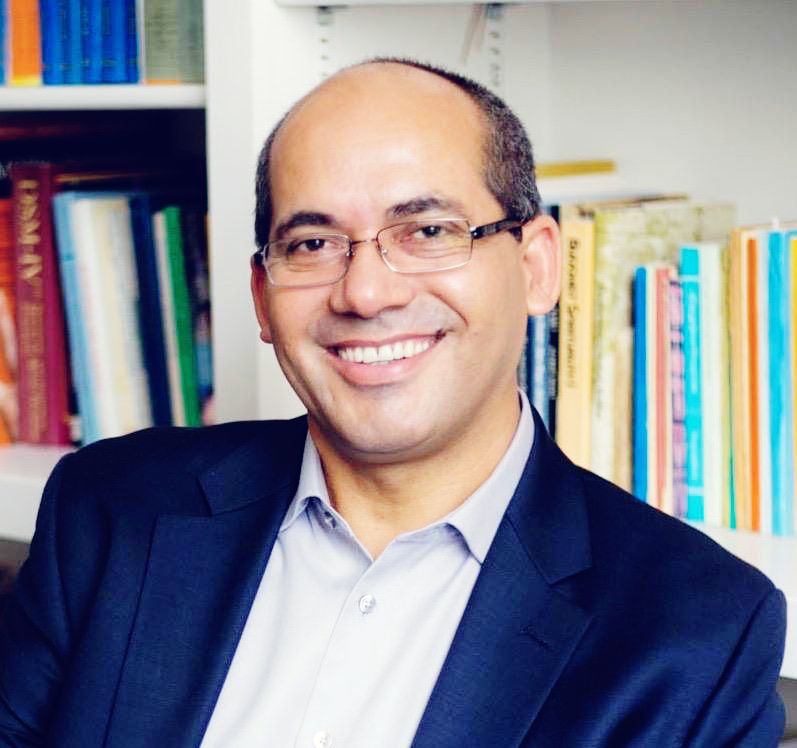
Emory Prof Geshe Lobsang Tenzin Negi
Lobsang Tenzin Negi, PhD, is Co-Founder and Executive Director of the Center for Contemplative Science and Compassion-Based Ethics at Emory University (Emory Compassion Center), formerly the Emory-Tibet Partnership. In this capacity, he has supervised the academic endeavors undertaken by Emory in collaboration with His Holiness the Dalai Lama since 1998. Dr. Negi is also a Teaching Professor in Emory University’s Department of Religion and the founder and spiritual director of Drepung Loseling Monastery, Inc., in Atlanta, Georgia, USA.
Dr. Negi is a long-term contemplative investigator whose research has focused on the relationship between mental/emotional states and physical/social well-being. Through the Emory Compassion Center, Dr. Negi developed—and now oversees—three innovated programs that are at the intersection of science and spirituality.
The first of these three programs began in 2004, when Dr. Negi developed CBCT® (Cognitively Based Compassion Training), a secularized contemplative program based on Tibetan Buddhist mind training practices that deliberately and systematically work to cultivate compassion. Following the CBCT program, Dr. Negi developed the Robert A. Paul Emory-Tibet Science Initiative (ETSI). Under his direction, ETSI created a comprehensive, six-year-long modern science curriculum specifically for Tibetan monks and nuns and supported its integration into monastic education. Currently, ETSI is training monastics to become science teachers and researchers. At the invitation of His Holiness the Dalai Lama, Dr. Negi led the team that created a third program called SEE Learning® (Social, Emotional and Ethical Learning), a K-12 educational framework and curricula developed for global dissemination, which provides educators with tools and resources to foster emotional, social, and ethical intelligence in students.
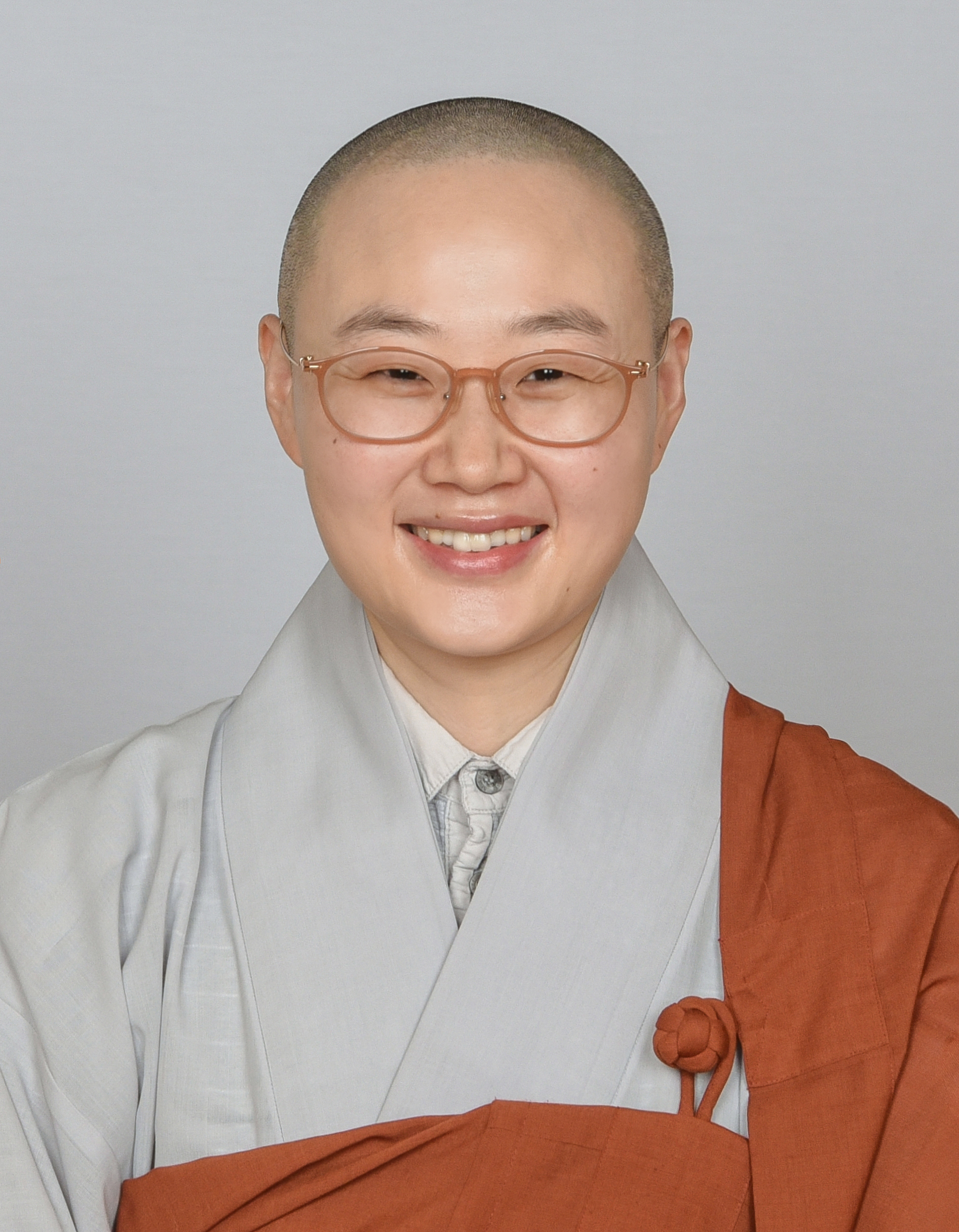
Venerable Hee Jung Min
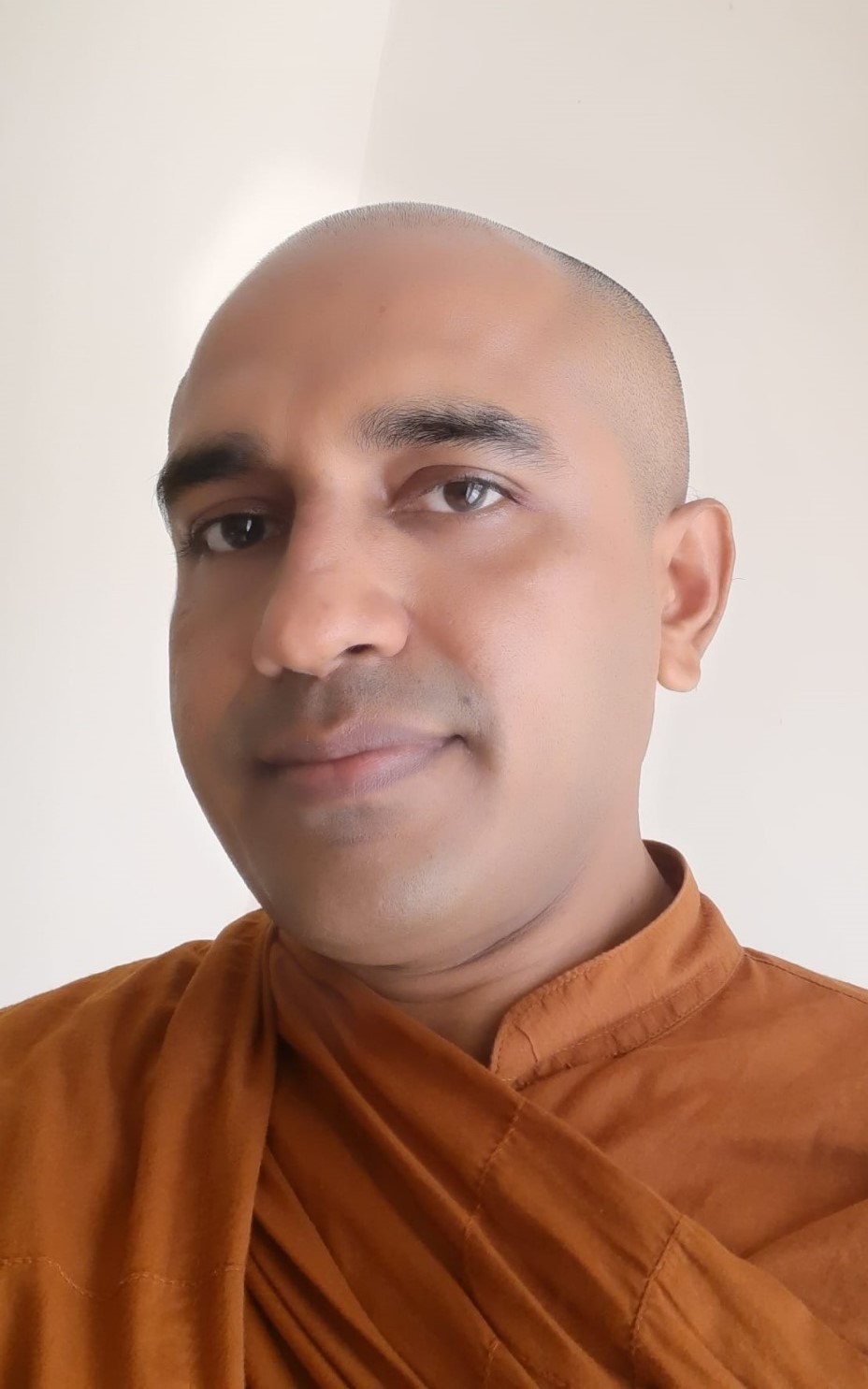
Rev. Dooldeniye Gnanarathana Thero
- Master of Arts (Buddhist Collage of Singapore)
- Bachelor of Arts (Buddhist Collage of Singapore)
- Bachelor of Arts (Honours, University of Peradeniya, Sri Lanka)
- Oriental Pandit degree (In Sri Lanka)
- Post Graduate Diploma in Education (In Sri Lanka)
Language skills
- English, Sinhala, Pāli, Sanskrit
Experience
- A visiting lecturer, a Religious advisor and a guide for meditation practice
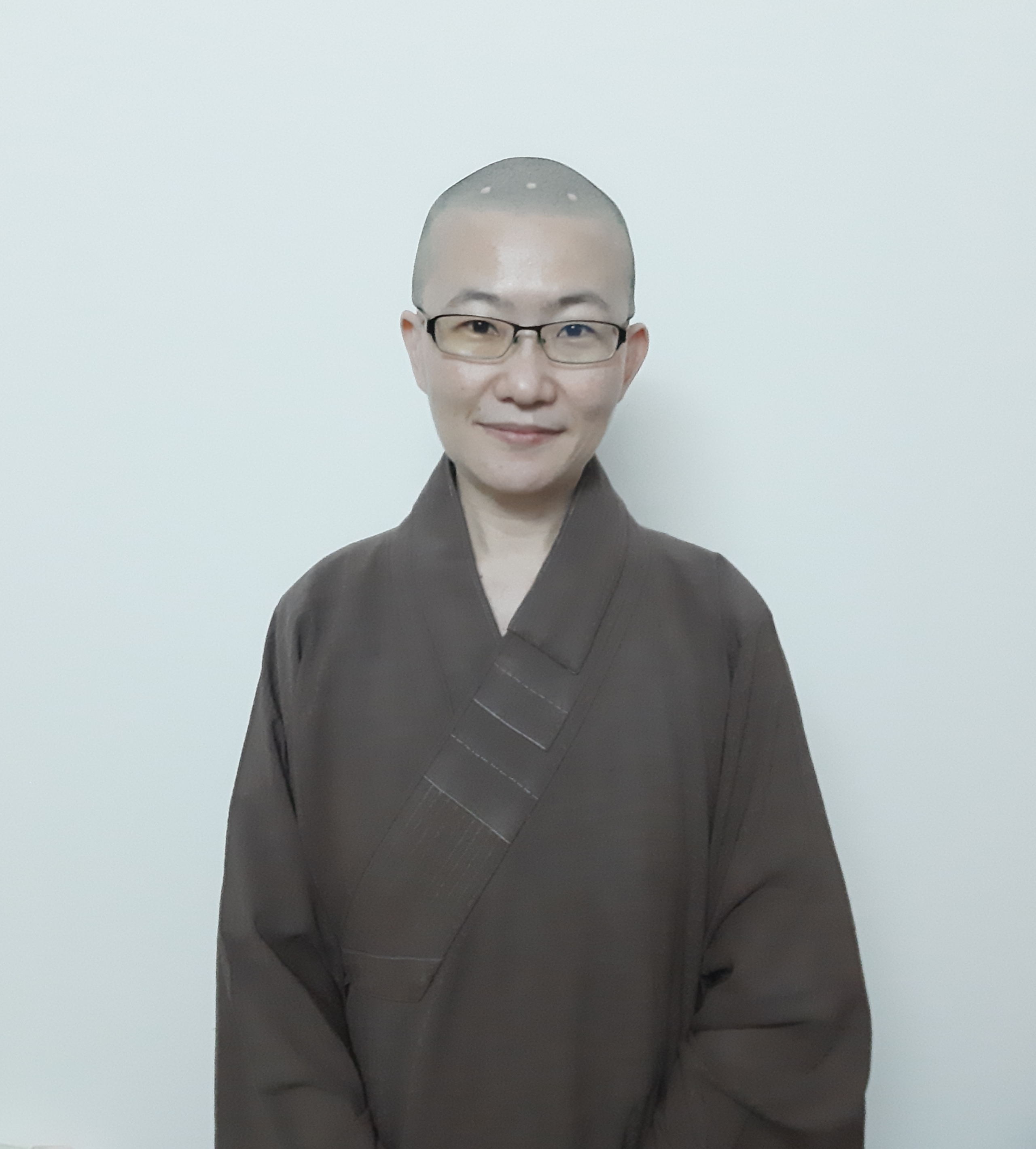
Venerable Shi Chun Yin
Venerable Shi Chun Yin graduated from the Nanyang Technological University in Singapore in 2001 with a Bachelor Degree (Honours) in Media Studies. After working in the finance sector for 4 years, she became a nun under Venerable Sek Te Yuan (Abbess of Pao Kwan Foh Tang) and received the higher ordination in 2008.
She came to Dharamsala to learn the Tibetan language in 2009 and enrolled in the 16-year Geshe course of the Institute of Buddhist Dialectics in 2010. She completed the Prajnaparmita Studies (B.A. equivalent) in 2016, Madhyamika Philosophy (M.A. equivalent) in 2019, and Non-Sectarian studies (M.Phil equivalent) in 2023. She will complete her Geshe studies in 2025, graduating as a Non-Sectarian Geshe (Ph.D equivalent).
She has received numerous teachings from His Holiness the Dalai Lama in the past 15 years. In addition to the Gelugpa studies, she has also learnt from various teachers from the Nyingma, Kagyud and Sakya tradition as part of her non-sectarian studies.
